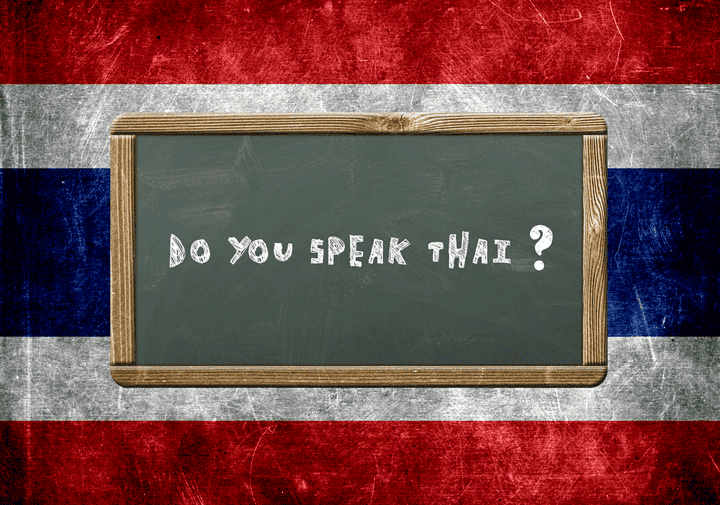Thai language conforms to some universal rules

In the NRC of Friday January 28, there was an article about the similarity in many languages of sound and meaning in some words. The meaning of rough would be represented by words with a rolling -r- in many languages. The word for small often contains the vowel – ie- and the word for big contains the vowels – oo- and –aa–. How about in Thai?
Many believe that Thailand has a very distinct and unique culture and that would also apply to the language. Universal values, attitudes and behaviors would be rare. I think a little bit differently about that and that's why the aforementioned article in the NRC caught my eye and I looked for similar language phenomena in Thai.
This phenomenon indeed also occurs in Thai. I list the most common words below rough, small and big, and you see that those Thai words also contain the rolling -r-, the -ie-, the -oo- and the -aa- respectively.
The article mentioned that that – ie – sound occurs in many words for small perhaps have to do with the small mouth cavity in the pronunciation of that sound while the sound – oo – and – a – in words for large requires a large oral cavity.
See the words in Thai here:
Rough ขรุขระ khrouchra (short -oe- and -a-, two low tones)
Small นิด nit (short -ie-, high tone)
short tia (long -iea-, falling tone)
Large big jai (short -ai – , low tone)
grown up too (long – oo – , mid tone)
Still nice to know. Perhaps readers know this phenomenon in other languages?


Many girl names all over the world end in a, I've noticed. And then it also concerns language groups that are not related to each other at all.
I don't know if any research has ever been done into this.
Thai, like Chinese and Vietnamese, is a tonal and analytical language. So the sound determines the word you mean. Thai and Chinese are strongly related in origin.
It might be interesting to highlight the "heaviness" of the Thai (Sanskrit/Indic) vowels here:
The -i's are light and float above, the -oe's heavy and hang below.
The rest of the vowels are plain and in the middle.
Perhaps no more than a mnemonic in teaching…